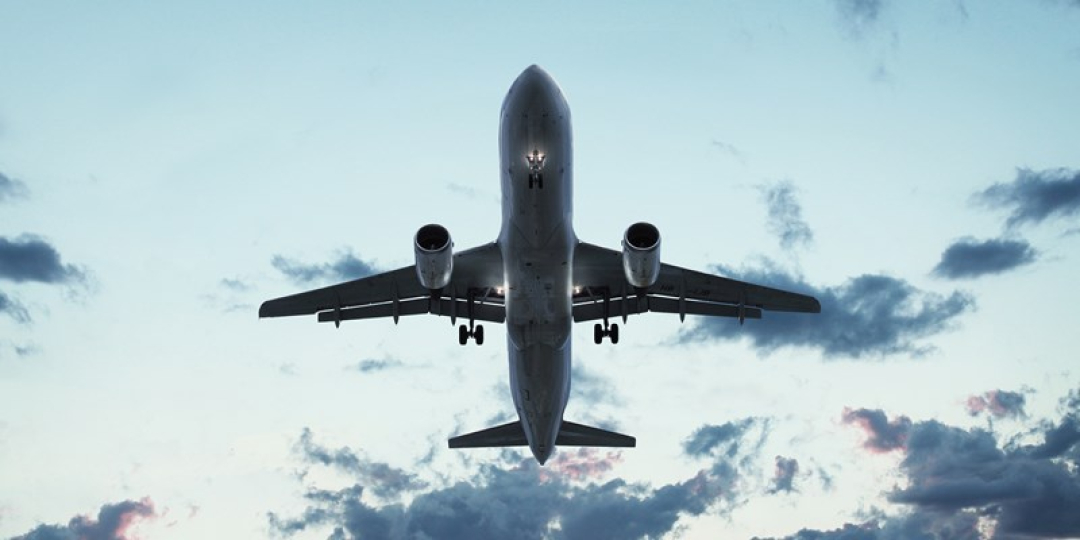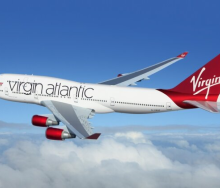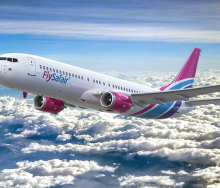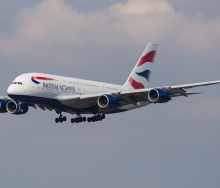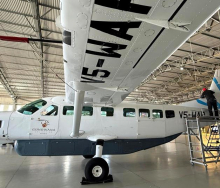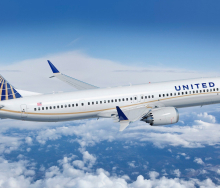It’s well known that the COVID-19 pandemic has caused economic devastation to airlines. They have not operated at full capacity, many not at all, for several months. Now, governments – which are also under extreme financial pressure – are being called on to find the funding to bail out their national carriers.
During a recent GBTA webinar, aviation industry specialist, Manoj Papa, said, in the case of Africa, most airlines were state-owned and the question was whether or not governments would be able to bail out these airlines when they had other priorities like healthcare, and if there was still a place for a national carrier
Linden Birns, md of Plane Talking, said ownership of an airline was irrelevant. “There have been some very profitable and successful state-owned airlines, just as there have been some calamitous failures of private-sector carriers, and vice versa. Common to all successful carriers (prior to COVID-19 and its associated economic/financial crises) was that they were given clear mandates and adequate capital by their shareholders, and that they hired the best, brightest and most astute talent available to run and operate the business.
“Where government intervention adds value is when it creates an enabling regulatory environment that treats air transport connectivity as an essential component of its economic development strategies, and which promotes easy market access and competition. This helps to promote efficiencies in the business by applying downward pressure on costs so that airlines can offer lower fares. Lower fares reduce the cost of doing business across an economy, which in turn stimulates demand and growth for goods, products, services and tourism, which drives traffic and demand for air transport,” says Linden.
June Crawford, chair of the Aviation Working Group of South African BRICS Business Council, said: “It’s true that African countries have a view that a national carrier is important for a country, but it goes beyond that. In the case of South African Airways, it is an employer of significant numbers of South Africans. Retaining and creating jobs are priorities for this country.”
June added that the impact of COVID-19 was being felt not only by SAA, but also by profitable national airlines around the world. “SAA’s real chance comes post-COVID, and post the planned right-sizing and restructuring. The plan is to start with limited flights and add flights incrementally and where there is demand. But it is only achievable with more funding from government, which is not ideal, especially in the current climate. A viable national carrier has a positive impact on not only the aviation supply chain, but also directly on a nation’s tourism and economy.”

